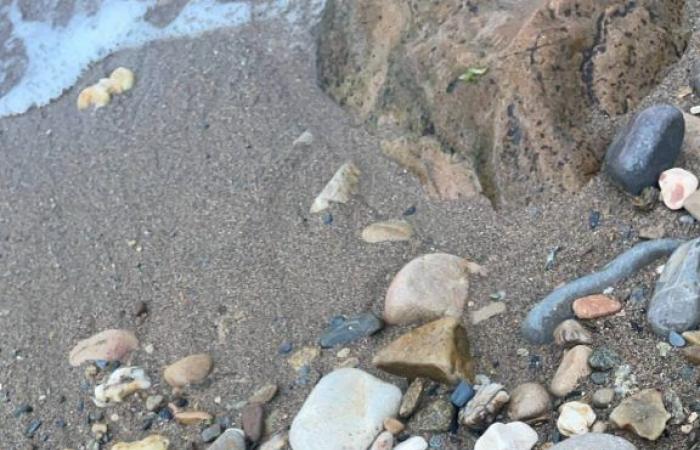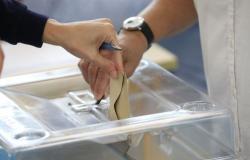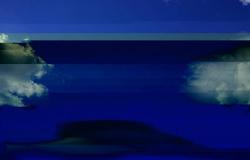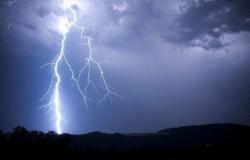While Christophe and Jessy went this weekend to Salins d’Hyères, near the canine beach, to fish for sea bream as usual, the two twenty-somethings found, clinging to their bait, a young shark of around 70 centimeters.
A first for amateur fishermen, followed 30 minutes later by the catch of a second, smaller shark.
“We saw them hunting, the fish jumping. We had a lot of hits and we thought it was the sharks again because they were pulling hard on the rod and the bait was all chewed up“, says Christophe. The young sharks were not aggressive and, before releasing them, the two fishermen removed a bait stuck in the mouth of one of them.
For young men, it’s a meeting “rare and astonishing“. But according to Nicolas Ziani, scientific manager of the Phocéen Shark Study Group in Marseille, this is not alarming: from spring and sometimes until October, it is the breeding season for sharks which benefit Posidonia meadows for giving birth and feeding.
The two sharks in question were “young, not new of the year” Who “use posidonia as a nursery“.
Once “older and more powerful, they will reach higher waters“.
Mediterranean coasts and port areas are rich in biological activity with rising temperatures, making them a popular hunting and breeding space for species.
In short, there is “no more animals on the coasts, but simply more activity“.
What to do if you encounter them
– Do not come into contact with the animal. the latter are not dangerous by nature but can be defensive in their behavior
– Leave the waters, both as a precaution and out of respect for the natural environment of the shark or ray
– First contact the ichthyological associations (fish sciences) and report their observation.
The Phocaean Shark Study Group has around ten scientific experts on the Mediterranean coast and warning them of an encounter with a shark or a ray allows them to refine their study and guide the behavior of seaside users contact at phoceashark@gmail .com or at 06 50 41 38 47.






